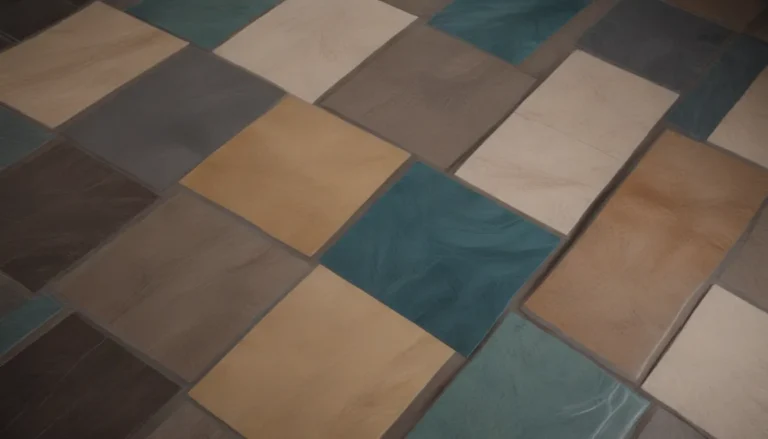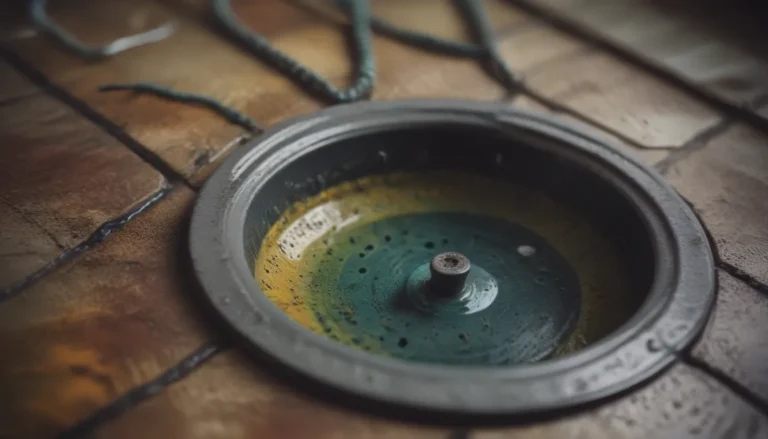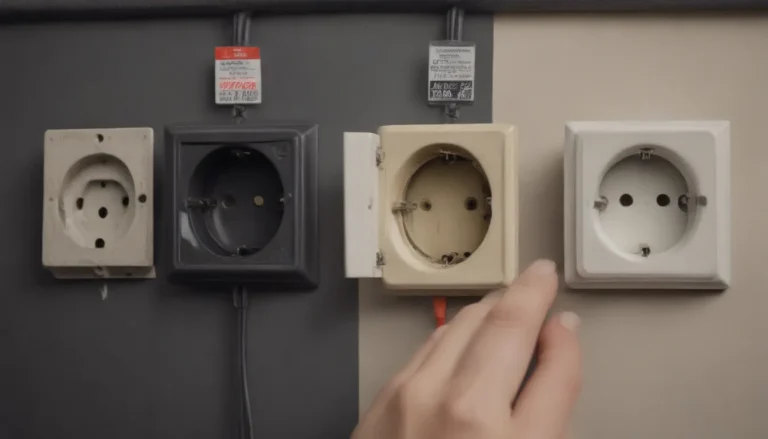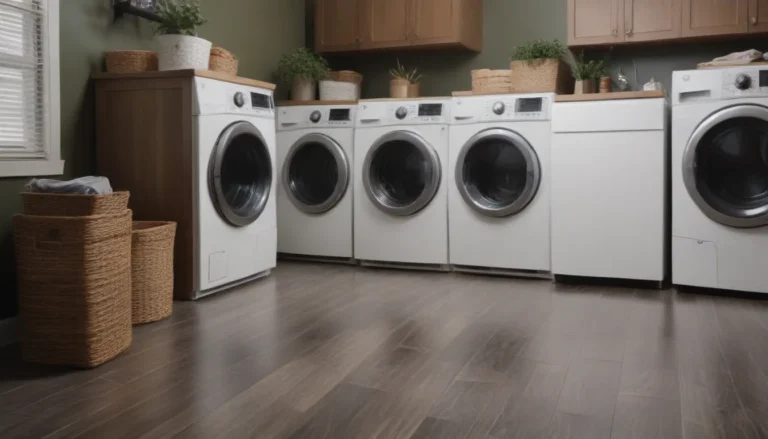The Ultimate Guide to Garbage Disposals: Everything You Need to Know
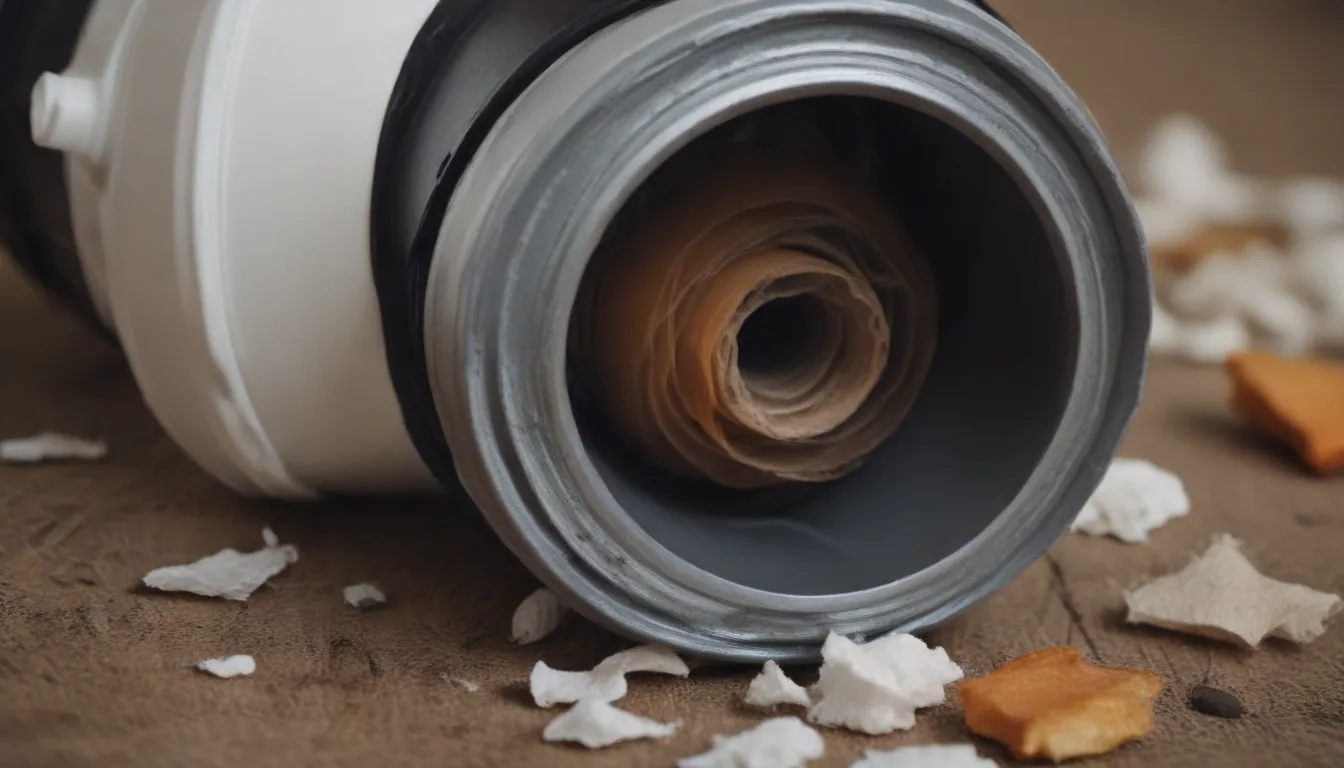
Welcome to the ultimate guide to garbage disposals! If you’ve ever wondered how this kitchen workhorse actually works or how to troubleshoot common problems, you’ve come to the right place. In this comprehensive article, we’ll cover everything from the history of garbage disposals to tips on keeping yours running smoothly for years to come. Let’s dive in!
The History of Garbage Disposals
Did you know that the garbage disposal was invented in 1927 by John Hammes? Since then, it has become a staple in just about every kitchen. Despite its long history, the basic design of the garbage disposal has remained fairly consistent. However, its popularity and use have increased significantly over the years.
How a Garbage Disposal Works
Have you ever wondered what actually happens inside your garbage disposal when you flick the switch? The garbage disposal is mounted under the sink and is designed to collect solid food waste in a grinding chamber. When you turn it on, a spinning disc, known as the impeller plate, pulverizes the food into tiny bits, which are then washed away by water. Contrary to popular belief, garbage disposals do not have sharp blades but rather blunt metal impellers.
Things You Should Never Put in a Garbage Disposal
Your garbage disposal is not a catch-all for food scraps. To prevent clogs and jams, it’s essential to know what should never go down the disposal. Avoid putting tough or fibrous food scraps, potato peels, grease and oil, and hard objects like pits into your disposal. Remember, when in doubt, throw it out!
Things you should never put in a garbage disposal:
– Tough or fibrous food scraps
– Potato peels
– Grease and oil
– Pits and hard objects
Garbage Disposal Troubleshooting
Encountering problems with your garbage disposal? Before calling for professional help, try troubleshooting common issues yourself. Most problems, such as jams, can be easily fixed with a few simple steps. Ignoring a jam and repeatedly restarting the unit can lead to burnt-out motors, so it’s crucial to address issues promptly.
Repairing a Clogged Garbage Disposal
Clogs are a common issue with garbage disposals, often caused by improper foods like grease or potato peels. While clogs can occur within the disposal itself, they usually appear downstream in the drainpipe. To prevent clogs, keep problem scraps out of the disposal and remember to keep it clean.
Tips for preventing clogs:
– Avoid putting grease, potato peels, or hard-to-grind foods in the disposal
– Keep the disposal clean
Selecting the Right Garbage Disposal
Choosing a new garbage disposal can be a simple or detailed process, depending on your preferences. You can opt for a standard model or explore additional features like stainless steel grinding chambers or sound reduction insulation. Researching your options will help you find a disposal that meets your specific needs and preferences.
Installing and Removing a Garbage Disposal
Installing a garbage disposal requires basic plumbing and electrical skills, but it is a manageable DIY project for most homeowners. On the other hand, removing a garbage disposal is necessary for replacing a sink or a malfunctioning unit. Before making any changes, consider the specifics of your sink and kitchen setup to ensure a smooth installation or removal process.
Tips for installing and removing a garbage disposal:
– Pay attention to specific details of your sink and kitchen setup
– Consider hiring a professional if you are unsure
Tips for Maintaining Your Garbage Disposal
To prolong the lifespan of your garbage disposal, it’s crucial to use it as directed by the manufacturer. Running it frequently, using cold water, avoiding large food chunks, and regular cleaning are key to keeping your disposal in top condition. Lemons and other citrus fruits can help eliminate unwanted odors in your garbage disposal.
Tips for maintaining your garbage disposal:
– Follow manufacturer’s guidelines
– Use cold water
– Avoid large food chunks
– Clean regularly
Troubleshooting Common Issues
Is your garbage disposal making a strange humming noise? It could be a sign of a problem. Common issues to look for include clogs, faulty motors, physical obstructions, or tripped breakers. Diagnosing the issue promptly will help you address it before it escalates.
In conclusion, garbage disposals are a convenient and essential appliance in any kitchen, but proper use and maintenance are crucial for longevity. By following these tips and guidelines, you can ensure your garbage disposal remains in top condition for years to come.
Remember, when in doubt, always consult the manufacturer’s guidelines or seek professional help when needed. Happy disposing!
